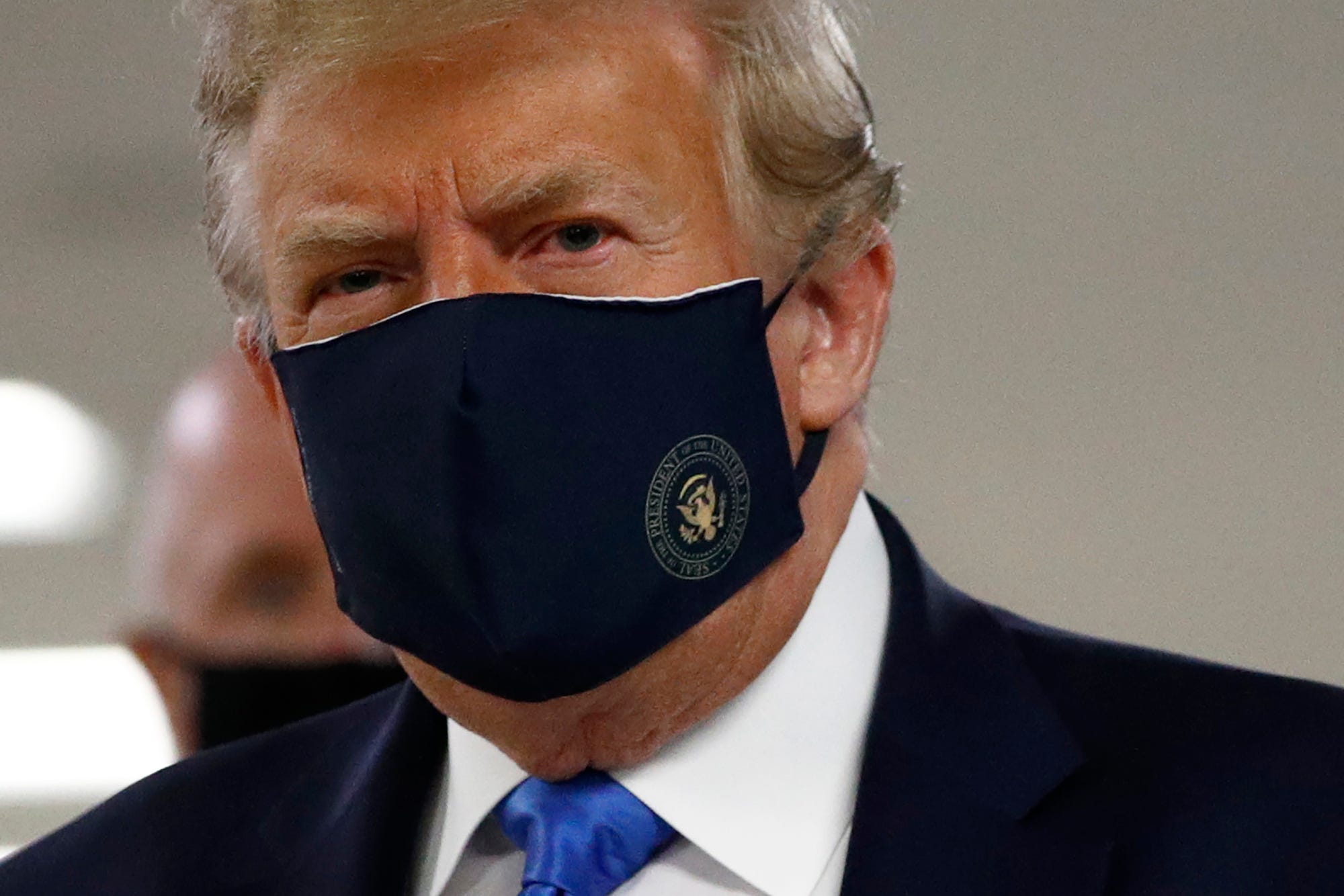

2011)) that the “legitimate business interest of the employer” is a totality-of-circumstances test that should evaluate factors such as scope of restrictions and “the employee’s exposure to the employer’s customer relationships.” Specifically, the bill would codify the rule set in Reliable Fire Equipment Co. The bill would also codify rules set forth in Illinois case law regarding noncompete and nonsolication provisions. agreements that “the employee agrees not to reapply for employment to the same employer after termination” (i.e., “no-reapplication clauses”).agreements “requiring advance notice of termination of employment, during which notice period the employee remains employed by the employer and receives compensation” (i.e., “garden-leave clauses”) and.

agreements entered into in connection with the acquisition or disposition of an ownership interest in a business.trade-secret and invention-assignment agreements.The bill would exclude from the definition of “covenants not to compete” the following: prohibit employers from enforcing restrictive covenants with employees who are separated due to COVID-19 or “circumstances that are similar to the COVID-19 pandemic, unless enforcement of the covenant not to compete includes compensation equivalent to the employee’s base salary at the time of termination for the period of enforcement minus compensation earned through subsequent employment during the period of enforcement.”.authorize the Illinois attorney general to initiate or intervene in litigation and initiate investigations of potential violations and.authorize an employee to recover attorneys’ fees and costs if the employee prevails in a lawsuit brought by the employer seeking to enforce a noncompete or nonsolicitation agreement.ban customer and coworker nonsolicitation agreements for employees making $45,000 per year or less (the salary threshold would increase by $2,500 every five years until reaching $52,500).



 0 kommentar(er)
0 kommentar(er)
